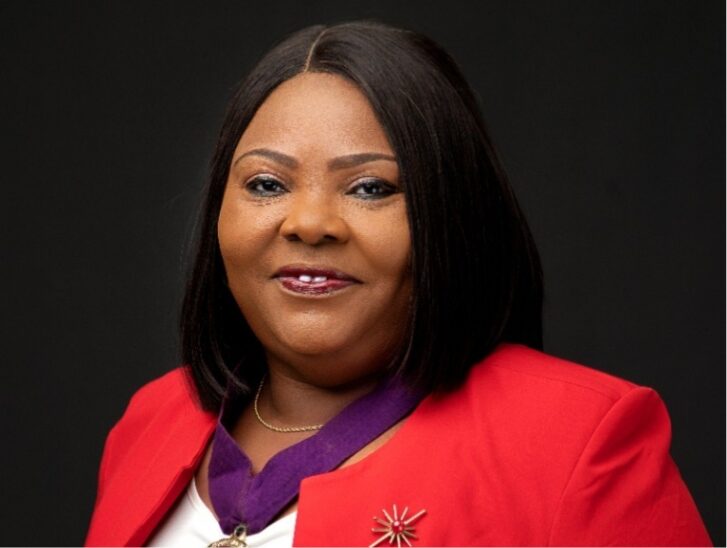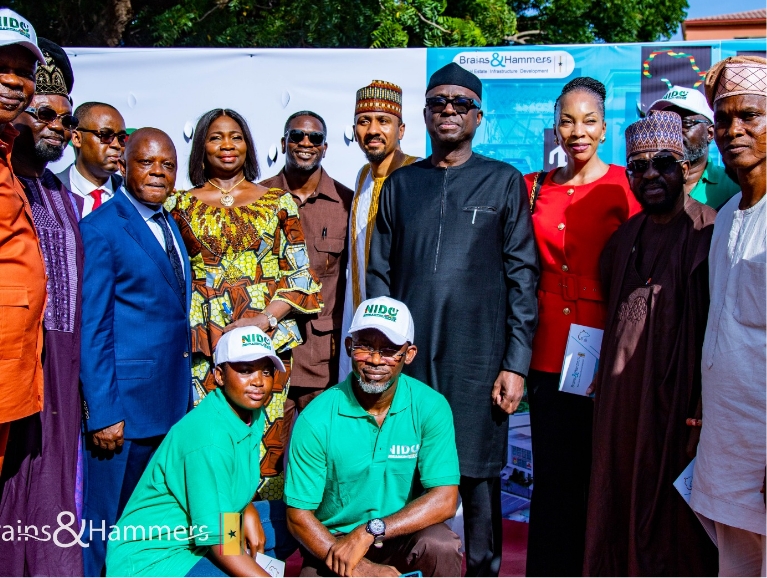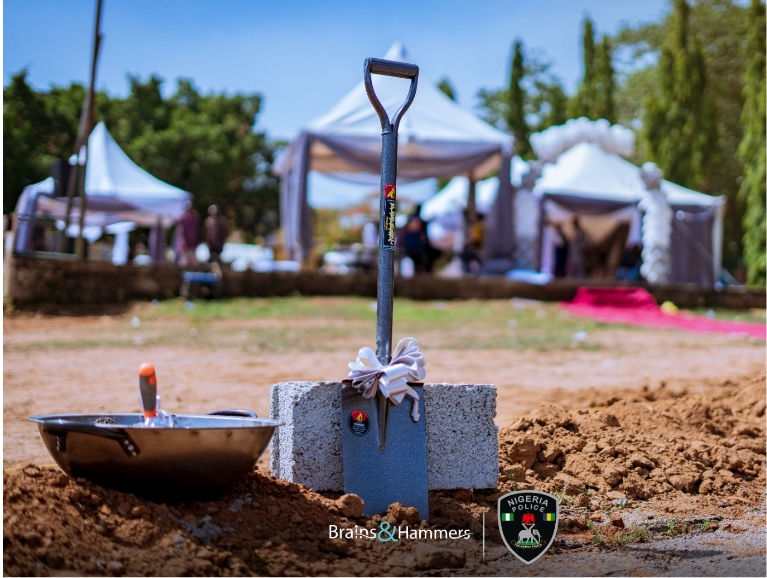Local Solutions to Infrastructure Deficit
Dr. Elizabeth Eterigho, the President of the Association of Professional Women Engineers of Nigeria (APWEN), has emphasized the need for governments at all levels to focus on local solutions to the infrastructure deficit in Africa, creating jobs for communities and promoting sustainability. Speaking at the 5th Zambia Women in Engineering Conference, Eterigho underscored the crucial role of engineering in daily life, from buildings and technology to the measurement of a country’s development by its infrastructure.
In her presentation on “Job Creation through Homegrown Engineering Solutions: The Perspective of Women in Engineering,” Eterigho highlighted the underrepresentation of women in the male-dominated engineering profession, with women facing various barriers to entry and advancement. She urged for diversity and inclusion in engineering, stressing the importance of women’s participation in creating innovative and effective solutions.
Eterigho further explained that homegrown engineering solutions could provide unique opportunities for women to participate in the workforce and drive economic growth. She defined homegrown solutions as locally developed engineering solutions that use available resources and expertise to address specific problems, promoting simplicity, adaptability, affordability, and sustainability. These solutions could range from renewable energy to infrastructure development and agricultural technology, including low-cost drip irrigation systems, small-scale wind turbines, and solar-powered cookers.
According to Eterigho, local engineers can develop low-cost, high-efficiency water filtration systems tailored to specific community needs, instead of relying on expensive foreign technologies that do not always meet their needs. She stated that homegrown engineering solutions are key to sustainable development and improving the quality of life of people in local communities, stimulating economic growth, and creating a sustainable source of jobs that can support communities for years to come.
However, she lamented that despite progress, women still face challenges in the engineering field that prevent them from fully contributing to the industry. She called for addressing the barriers and biases that prevent women from entering and thriving in the field, such as lack of access to education, mentorship, and opportunities for advancement. By investing in their own engineers and innovators, especially women engineers, Eterigho stressed that Africa can create jobs, drive economic growth, and tackle some of the world’s most pressing challenges.
In conclusion, Eterigho’s call for local solutions to Africa’s infrastructure deficit and promoting women’s participation in engineering presents a unique opportunity to create sustainable jobs, drive economic growth, and improve the quality of life in local communities.




